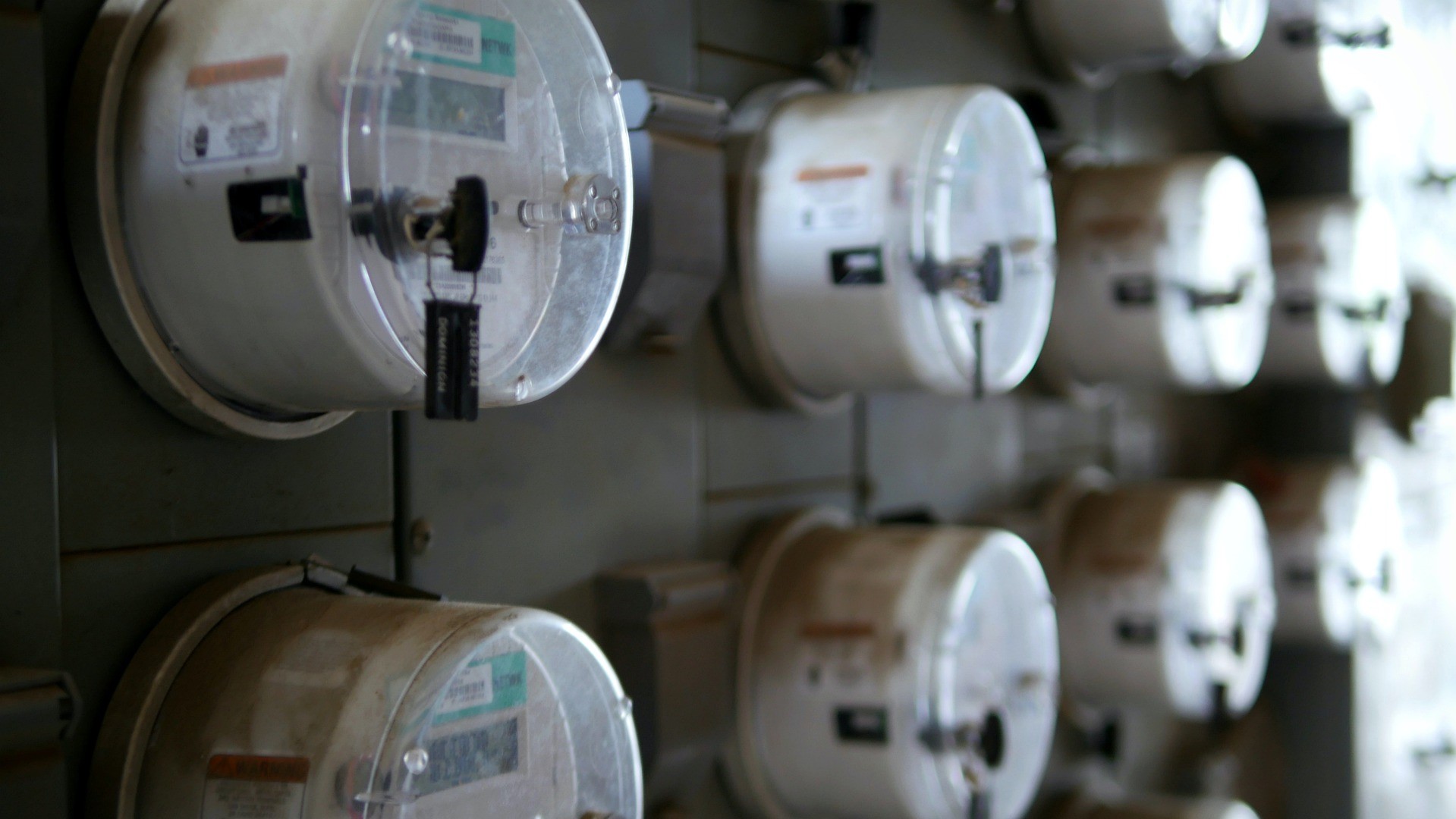
There is an economic and energy crisis in Europe which is affecting energy prices and people's utility bills.Continue reading
The government will do everything to protect the Hungarian economy and businesses, Economic Development Minister Márton Nagy said in a video posted on the government’s Facebook page on Monday.
He pointed out that Hungary has made an economic turnaround since 2010, when the national government put the Hungarian economy on a path to growth, making it one of the fastest growing economies in Europe. He added that the war and sanctions have completely turned the economy upside down, jeopardizing the achievements. Sanctions have pushed up energy prices, procurement prices, and inflation, creating an unprecedented challenge for all economic actors.
According to Márton Nagy, it is clear that the sanctions have driven the European economy up against the wall and put on the brakes. Thanks to the government’s economic protection measures, growth has been protected,
the Hungarian economy could grow close to 5 percent in 2022, and the goal for 2023 is to avoid recession while protecting families and full employment, and to continue growth despite the difficult situation.
He stressed that the foundations have already been laid, with more than 2,000 billion forints (EUR 5 billion) of protection for businesses through cheap state-backed loans, targeted subsidies, and an extension of the interest rate freeze. He indicated that they would not stop there: a sustainable and 21st century economy must be created, based on a new industrial policy. We need to make businesses efficient and sustainable, reducing their energy dependence, in particular by strengthening domestic capital, the Minister emphasized.
We need to further increase competitiveness, reduce the administrative burden on businesses, secure the energy supply necessary for the Hungarian economy to function, and rethink the system of strategic sectors,”
he added. “2023 will not be easy, but we can be sure that the government will do its utmost to protect the Hungarian economy and businesses,” Nagy stated.
Increasingly, the government is warning that 2023 will be a very difficult year, with the war in Ukraine, skyrocketing energy prices, and inflation, among other challenges.
Hungarian economic website Világgazdaság asked analysts how they see this year from an economic perspective. According to Dávid Németh, senior analyst at K&H Bank, after the technical recession of the first four to five months, the Hungarian economy could start to bounce back in the second half of the year. The situation will largely depend on how companies cope with the recent energy price hikes and significantly higher costs. However, Németh says that the outlook is not fundamentally bad, as Hungarian companies are not overly indebted.
Gábor Regős, professional head of Makronóm Institute, says that 2023 will not be the easiest year for the Hungarian economy, but it may not be the most difficult either. Overall, he says, we can expect minimal economic growth, but energy prices will remain the biggest challenge. Zoltán Varga, senior analyst at Equilor Investment, told Világgazdaság that growth is expected to be more moderate than in previous years, at around 1 percent.
The analysts interviewed in the article all agreed that this year’s growth could be saved by industry and net exports. According to Regős, demand in industry is strong anyway, and state subsidies are more pronounced in this sector.
Featured photo via Facebook/AmCham Hungary